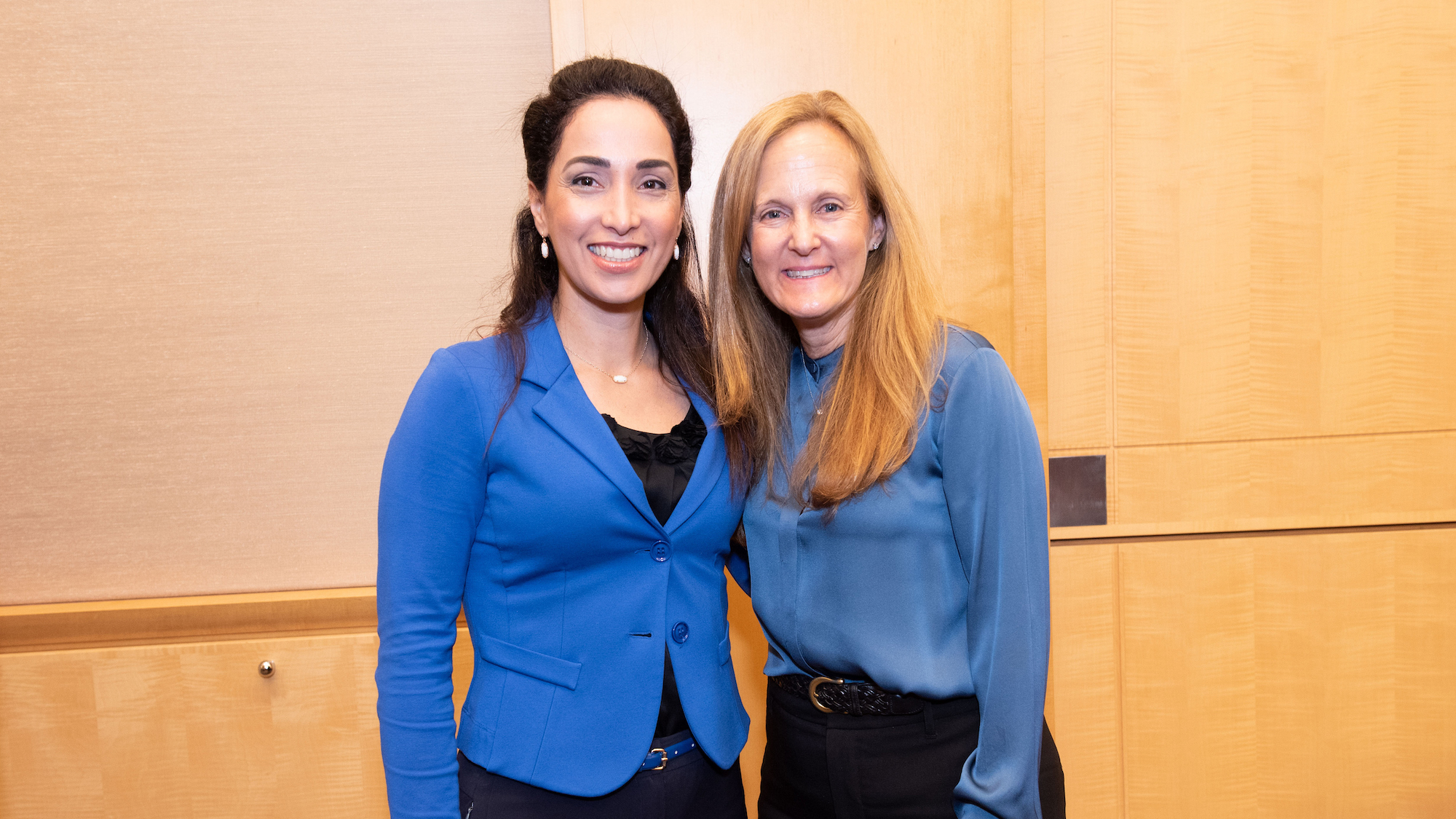
Research Scientist, Brigham and Women’s Hospital
Assistant Professor, Harvard Medical School
Principal Research Scientist, Institute for Medical Engineering and Science, Massachusetts Institute of Technology
Healing infected bones using antibiotics and localized gene therapy
Bone, the second most commonly transplanted tissue after blood products, is a highly vascularized tissue unique in its capacity to self-regenerate. Despite the natural healing potential of bone, it is not always able to repair large-scale defects, which can result in permanent bone loss, infections, and other complications. In serious cases, these complications can lead to a condition called chronic post-traumatic osteomyelitis—which, in turn, can threaten the viability of the limb and result in considerable morbidity. The Stepping Strong Innovator Awards grant will allow Artzi’s team to develop a dual-therapy hydrogel that is capable of selectively delivering antibiotics to only bacterial cells present in the defect site, thus killing the infection, while simultaneously delivering the necessary cues to enhance fracture healing in the surrounding bone tissue.
Natalie Artzi, PhD, is a research scientist at Brigham and Women’s Hospital, an assistant professor at Harvard Medical School, a principal research scientist at the Institute for Medical Engineering and Science at Massachusetts Institute of Technology (MIT), and an associate member of the Broad Institute of Harvard and MIT. Leveraging material science, chemistry, imaging, and biology, Artzi’s lab is dedicated to designing smart material platforms and medical devices to improve human health. Her pioneering work, which focuses on the basic understanding of tissue: biomaterial interactions, has changed the way we view and develop materials as part of a diagnostic and therapeutic toolkit. By studying these interactions, the team seeks to propel technologies from bench to bedside in clinically-relevant conditions.
